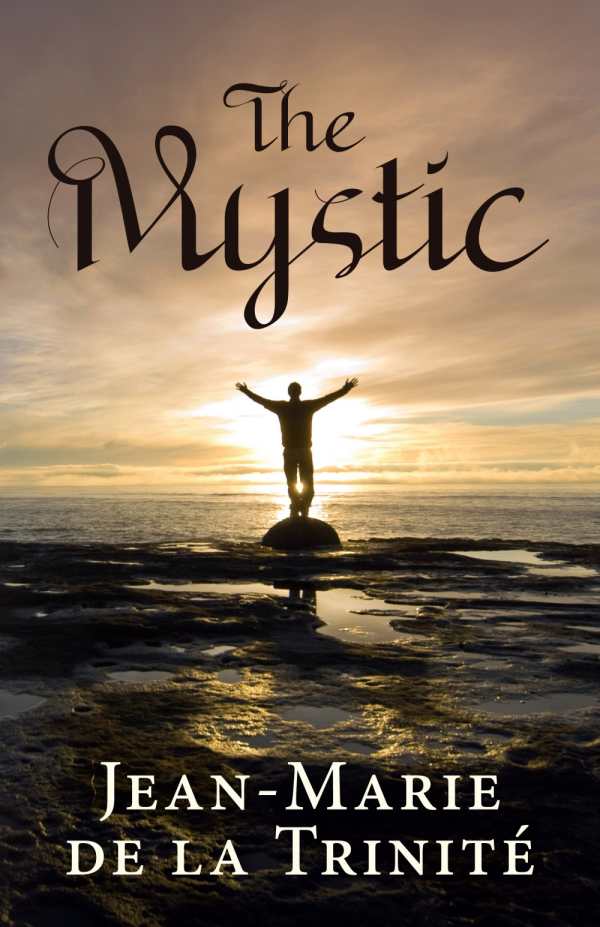The Mystic
Elegant, flowing prose conveys the journey of a spiritual man through struggles of racial prejudice and sexual identity.
Jean-Marie de la Trinité’s novel, The Mystic, reveals the stages of a journey to union with God through the story of Aton, a young black mystic who, from early childhood, asked for nothing more than to know God and to know himself in relation to God.
De la Trinité creates sumptuous prose—strings of words that flow like an exhalation of wonder and awe. His writing, often done in extremely long sentences that can encompass a whole paragraph, creates a meditative state that gives entry into the open, aware, and sensitive mind of Aton, who, as a young child, was blessed with the ability to see the world as an enchanted place in which everything is alive, shimmering with God’s love, and hallowed with the golden aura of grace. What gives this book its unity is not so much the plot, or even the characters, who must confront issues of racial discrimination, religious intolerance, and homophobia as they discover who they are as young gay black men and lovers of God. Its greatest unifying factor is its passionate intensity. One could even say that its main character is actually “Love”—the love of man for God, the love of God for man, and homoerotic love, which the author sees as beautiful and worthy.
While de la Trinité’s extended sentences work well in descriptive passages, the sense of the discursive passages would be carried better by shorter sentences, which would serve to provide contrast to the sections that move as if they were written in ecstatic trance.
Errors in grammar, spelling, and syntax are few for a book of such complexity, though the transitions from one character and setting to another can be abrupt.
De la Trinité has written many books and is the founder of The Way of Love, an institute for contemplative prayer. According to his bio, the author has lived in a state of “Oneness with God” since he was a small child. In 1964, while a student at Loyola University in Chicago, he was granted a vision of the Holy Trinity and has since achieved the highest states of the mystical life. Though his work reflects the knowledge he gained through his studies in classical philosophy, existentialism, and theology at Loyola University; Hindu, Buddhist, and Sufi mystical traditions at the University of Chicago; and patristics and scripture at the University of San Francisco, it is his personal experience of oneness with God, together with profound contemplation, that underlies his work.
De la Trinité’s message to the world is well stated here: “While you search around for something to do, love God. While you look at your options and what might become of you, love God. And when you find what it is you want to do and to be and begin to do it and to be it, love God.”
Reviewed by
Kristine Morris
Disclosure: This article is not an endorsement, but a review. The publisher of this book provided free copies of the book and paid a small fee to have their book reviewed by a professional reviewer. Foreword Reviews and Clarion Reviews make no guarantee that the publisher will receive a positive review. Foreword Magazine, Inc. is disclosing this in accordance with the Federal Trade Commission’s 16 CFR, Part 255.

